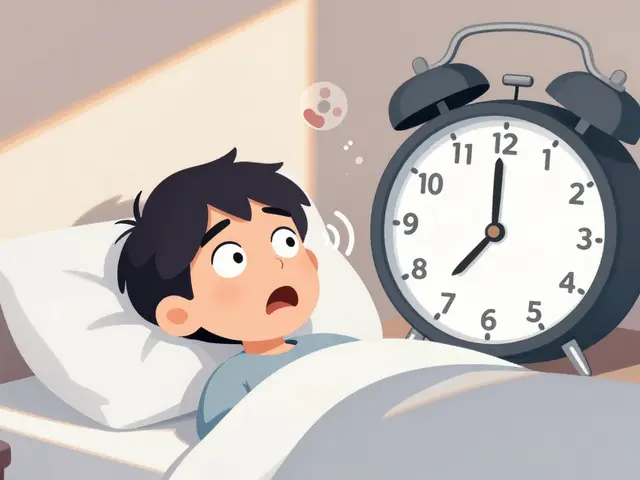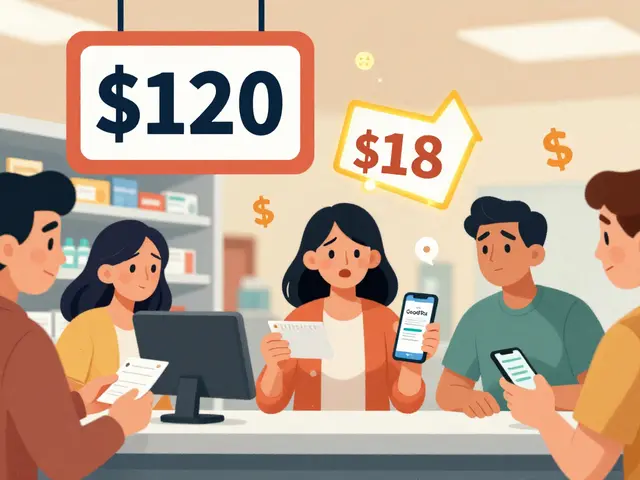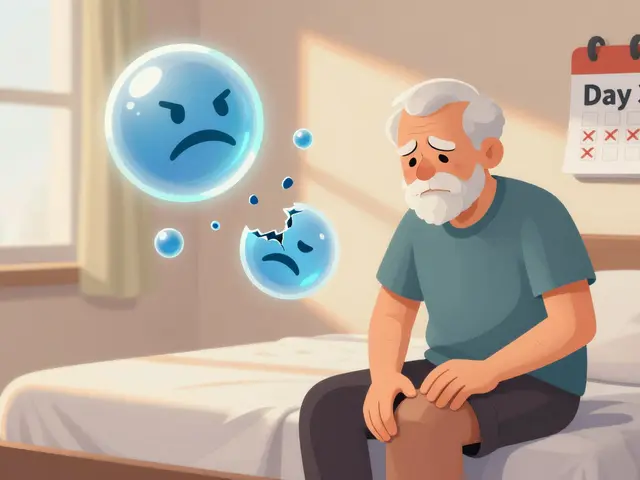Manic-Depressive Disorder: Understanding Bipolar Disorder
Manic-depressive disorder, or as most people call it now, bipolar disorder, is a mental health condition that causes extreme mood swings. These moods can range from high-energy, “can take on the world” mania to lows that feel like months of deep sadness or hopelessness. It’s not just a case of having a bad day here and there—these shifts can be intense and impact your daily life.
Many people get confused about what bipolar disorder really means. It’s a disorder of mood regulation. Your brain chemistry gets out of balance, and this causes periods of feeling overly active or on edge, followed by times when you feel down or hopeless. The tricky part? These episodes don’t just flip overnight; they can last days, weeks, or even months.
Recognizing Symptoms of Manic and Depressive Episodes
During a manic episode, someone might feel unusually happy, have lots of energy, or be more active than usual. They may talk really fast, take risks without thinking, or feel like they don’t need much sleep. On the flip side, depressive episodes hit hard—feelings of sadness, low energy, trouble concentrating, or even thoughts of self-harm can happen. If you or someone you know notices these cycles repeating, it could be a sign of manic-depressive disorder.
Tips for Managing and Living with Bipolar Disorder
Bipolar disorder can sound scary, but many people live full lives by managing their symptoms. Treatment usually involves medication prescribed by a psychiatrist to help balance those mood swings. Along with medication, therapy and consistent routines around sleep and stress can make a big difference. It’s key to work closely with healthcare professionals and build a support system of friends and family who understand the ups and downs.
If you think you might be dealing with mood swings that go beyond normal ups and downs, don’t hesitate to talk to a doctor. Early diagnosis and treatment can prevent problems later and help keep everyday life on track. Remember, bipolar disorder is manageable with the right care and support—you're definitely not alone in this.
The Role of Technology and Apps in Managing Manic-Depressive Disorder
In today's world, technology and apps play a significant role in managing mental health issues, including manic-depressive disorder. These tools offer a convenient way for individuals to track their moods, medication, and triggers, thus helping them identify patterns and better manage their condition. Some apps even offer support from mental health professionals, providing guidance and therapy options. Additionally, technology has made connecting with support groups and accessing resources much easier for those affected by this disorder. Overall, the integration of technology and apps into mental health care has revolutionized the way we approach and manage manic-depressive disorder, making it more accessible and effective for those in need.





